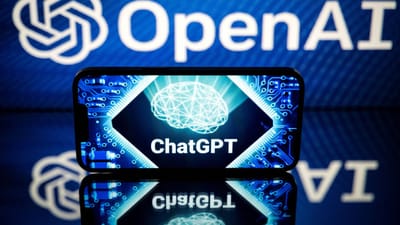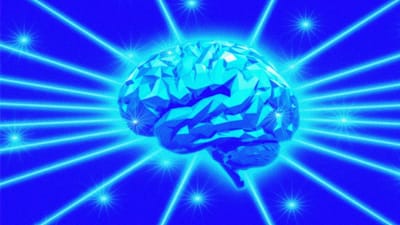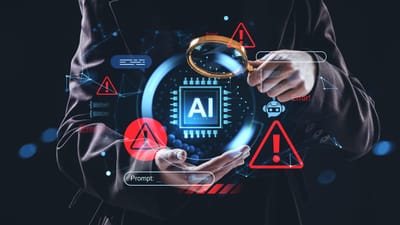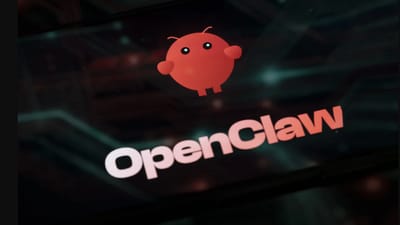
Perplexity Launches Hands‑Free Voice Control for Comet Browser
Perplexity has rolled out an upgraded voice mode for its Comet browser, allowing desktop users to navigate the web entirely by speech. The feature, powered by OpenAI’s gpt-realtime-1.5 model, lets users open sites, scroll pages, and follow links without touching a keyboard or mouse. A simple keyboard shortcut activates the mode, and a similar experience is slated for iOS later this month. Perplexity emphasizes privacy by processing voice locally when possible and avoiding cloud storage of click histories. Future updates promise a learning assistant, password manager, and cross‑device sync.










